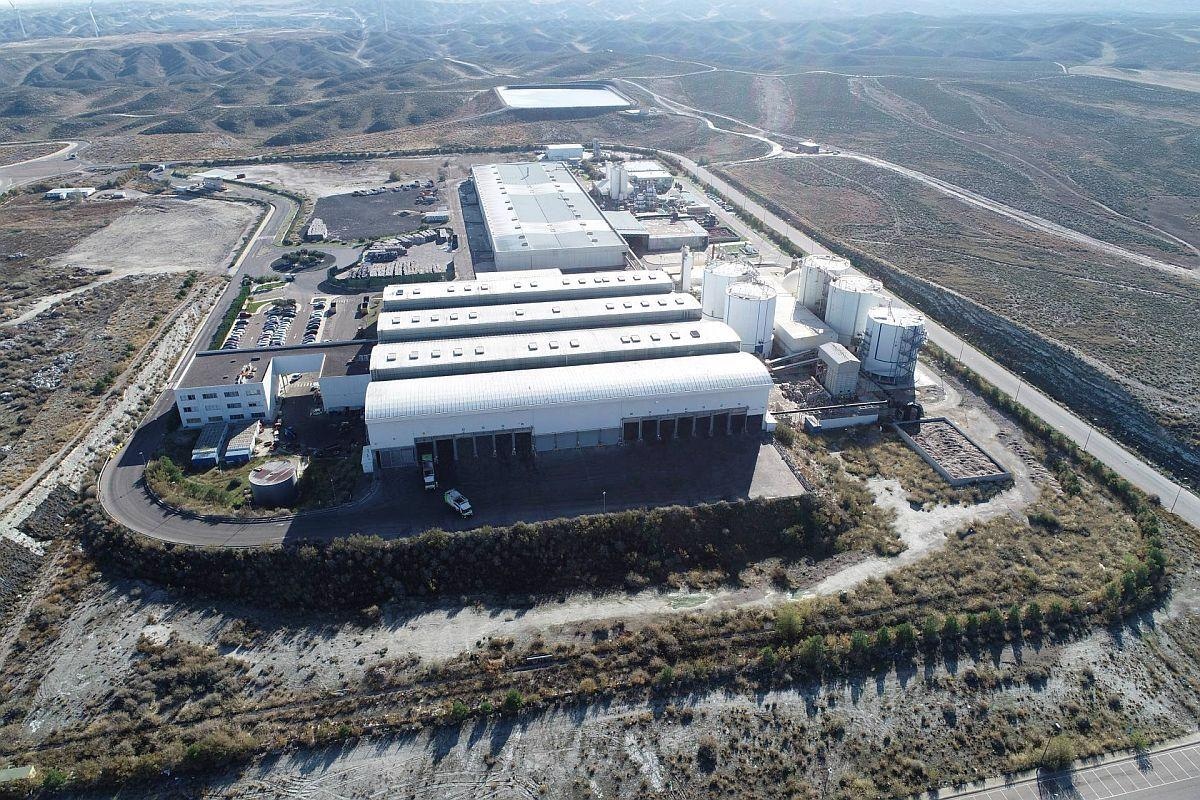Jun 18 2021
Graphenea is part of a flagship project CIRCULAR BIOCARBON, which kicked off this week, and which has been awarded over 23 M€ to develop a first-of-its kind flagship biorefinery, designed to turn the organic fraction of municipal solid waste (OFMSW) and sewage sludge (SS) into added-value products, from mechanical moving parts, to night vision cameras and devices for 5G telecommunications.

Image Credit: Graphenea
The project, which received full marks from the European Commission, involves 11 partners from five European countries (including Spain, Italy, Denmark, France and Germany) and is a milestone for the whole Europe owing to its implementation scale (industrial level) as well as to its replicability potential.
The biorefinery is a unique and integrated model with the process lines for the OFSMW and SS to be implemented in two locations, namely Zaragoza (Spain) and Sesto San Giovanni (Italy).
Construction of the site in Spain will start in 2022 in the facilities of “Alfonso Maíllo” R&D+i center, and in the Center for Urban Waste Treatment of Zaragoza (CTRUZ), owned by the Municipality of Zaragoza and located in the Technological Park for Recycling (PTR). At the end of the project, a commercial scale biorefinery will be in full operation designed in order to treat all the biowaste produced by a medium-size city.
Urbaser, a global company for environmental management, and Socamex, the water branch of Urbaser, will coordinate this five-year project. Reflecting on this unique role Eduardo Fernández, I+D+i Director at Urbaser said: “CIRCULAR BIOCARBON is a circular economy project, where the first biorefinery for the joint treatment of urban solid waste and sewage sludge at industrial level will be built and exploited. This, aims at valorising the organic fraction of urban solid waste and sewage sludge coming from wastewater treatment plants into value-added products”
“Turning urban waste into graphene provides a double advantage: reducing environmental impact of the waste, and producing graphene in a scalable and economic manner”, says Amaia Zurutuza of Graphenea. “We will work with partners to develop this technology and implement it at an industrial scale in the new biorefineries”.
CIRCULAR BIOCARBON will set the basis for the demonstration, at commercial level, of the feasibility of a biorefinery as a new waste treatment model for cities. It will open up the market for new products and new business frameworks based on a circular vision of waste treatment in cities and help pave the way towards a sustainable bioeconomy.
The project has received funding through the Bio-based Industries Joint Undertaking (BBI JU) which was established in 2014, and aims to implement the Strategic Innovation & Research Agenda (SIRA), which was developed by industry in collaboration with the EU to realise a bio-based economy as part of the broader Circular Economy Action Plan for Europe.